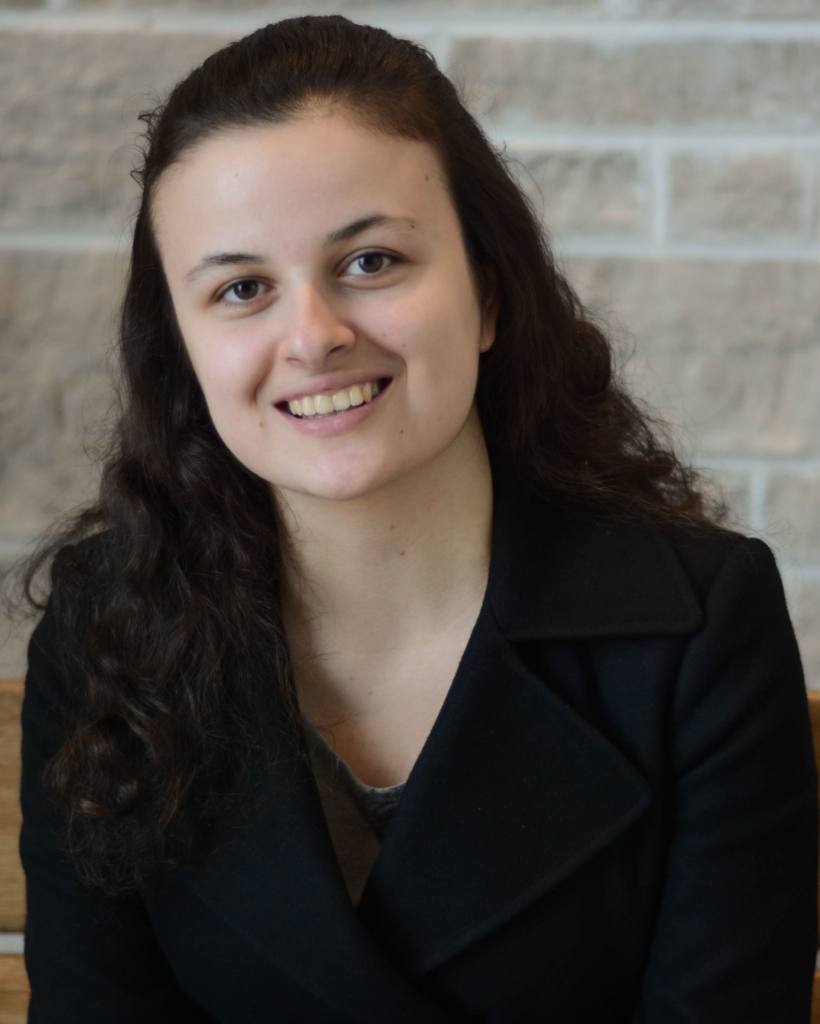It’s worrying that medical students are graduating with little or no knowledge of communities we will be serving, says Anna Goshua
 Earlier this month, medical students across the US rallied in support of transgender, intersex, and gender expansive people in response to the Department of Health and Human Services’ plans to create a restrictive definition of gender. By conceptualising gender in terms of male and female biological sexes assigned at birth, the administration is threatening the personhood and rights of individuals within these communities. Moreover, it has made daily life increasingly dangerous for a population that is already subject to incredibly high rates of violence.
Earlier this month, medical students across the US rallied in support of transgender, intersex, and gender expansive people in response to the Department of Health and Human Services’ plans to create a restrictive definition of gender. By conceptualising gender in terms of male and female biological sexes assigned at birth, the administration is threatening the personhood and rights of individuals within these communities. Moreover, it has made daily life increasingly dangerous for a population that is already subject to incredibly high rates of violence.
An upper year medical student who spoke at the rally commented that, before this policy move, she had not known much about the intersex community. Admittedly, neither had I. Unfortunately, ignorance about the transgender, intersex, and gender expansive community appears to be widespread among medical students and physicians.
As allies, we cannot place the burden of our education upon transgender and gender non-conforming people; we must dedicate the time and effort needed to be informed. However, as passionate as we may be about supporting the rights of gender diverse people, providing competent healthcare requires rigorous training. Medical schools have a responsibility to provide curricular content on gender diverse communities, but at the moment they’re not fulfilling it.
Medical students report that the majority of sexual health education they receive pertains to endocrinology and sexually transmitted infections. The average curricular time devoted to LGBTQIA+ education, according to a survey of Canadian and US deans of medical education, was reported to be five hours; 6.8% reported zero hours during preclinical years and one third reported zero hours during clinical years. Topics specific to transgender and non-binary person health, such as gender affirmative care, were rarely addressed. And a quarter of deans acknowledged that the quality of the education was very poor or poor.
This educational gap continues into postgraduate training. For instance, more than half of US academic faculty practices accredited by the Liaison Committee on Medical Education do not have any LGBTQ competency training. In a survey of paediatric primary care providers, 54% of respondents did not know of the existence of professional guidelines to support puberty blocking medications in transgender children—83% of the respondents were physicians.
The lack of relevant knowledge and skills is dangerous because it limits our ability to provide comprehensive care and exacerbates existing health disparities. Research clearly demonstrates that transgender and gender non-conforming people have specific healthcare needs. This includes but is not limited to chronic disease risk, mental health, intimate partner violence, and more.
Improved education is also needed to help combat stigma. Transgender and gender non-conforming people are routinely subject to ignorance and harassment in healthcare settings. A survey of 6456 transgender and gender non-conforming individuals found that about one fifth had been refused healthcare due to their gender identity in the past year—a form of discrimination that is particularly prevalent among people of colour. Twenty eight per cent of those surveyed put off seeking medical care when injured or sick due to discrimination and 50% had to educate their medical providers about transgender care.
It is worrying that medical students are graduating with little or no knowledge of the communities we will be serving, let alone how to provide care that ascribes to the highest standards of clinical excellence. How does someone’s gender identity affect the medical history that I take? What are the questions that I need to be asking and how do I frame them in an inclusive way? What about the physical exam? What does a gender affirming medical intervention look like? These are fundamental questions, among others, that all medical trainees must be prepared for. However, our collective understanding of these topics is rudimentary at best.
At our white coat ceremony, our cohort joined tens of thousands of physicians in training in swearing our oath of service. Two of the vows that we made stood out for me. One was the promise to use our medical knowledge and skills in the advancement of human rights and social justice. The other was to not permit factors such as gender identity to intervene in the care that we provide.
At the rally, we stood firm in our commitment to ensure that transgender, intersex, and gender expansive people would not be erased. Yet by enabling ignorance, we’re facilitating this erasure by our own hands. We are provoking fear and distrust of the medical community in a vulnerable patient population, and deterring transgender and non-binary people from accessing the healthcare services that they desperately need.
There is a general dearth of education on LGBTQIA+ topics, but the gap is particularly pronounced with respect to the gender diverse community. Medical schools need to address this omission and improve the quantity and quality of their curricula content. We must be equipped with the knowledge and skills needed to honour our vows and be effective healers and advocates.
Anna Goshua is a first year medical student at Stanford University. Twitter @AnnaGoshua
Competing interests: None declared.
